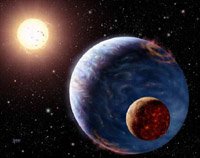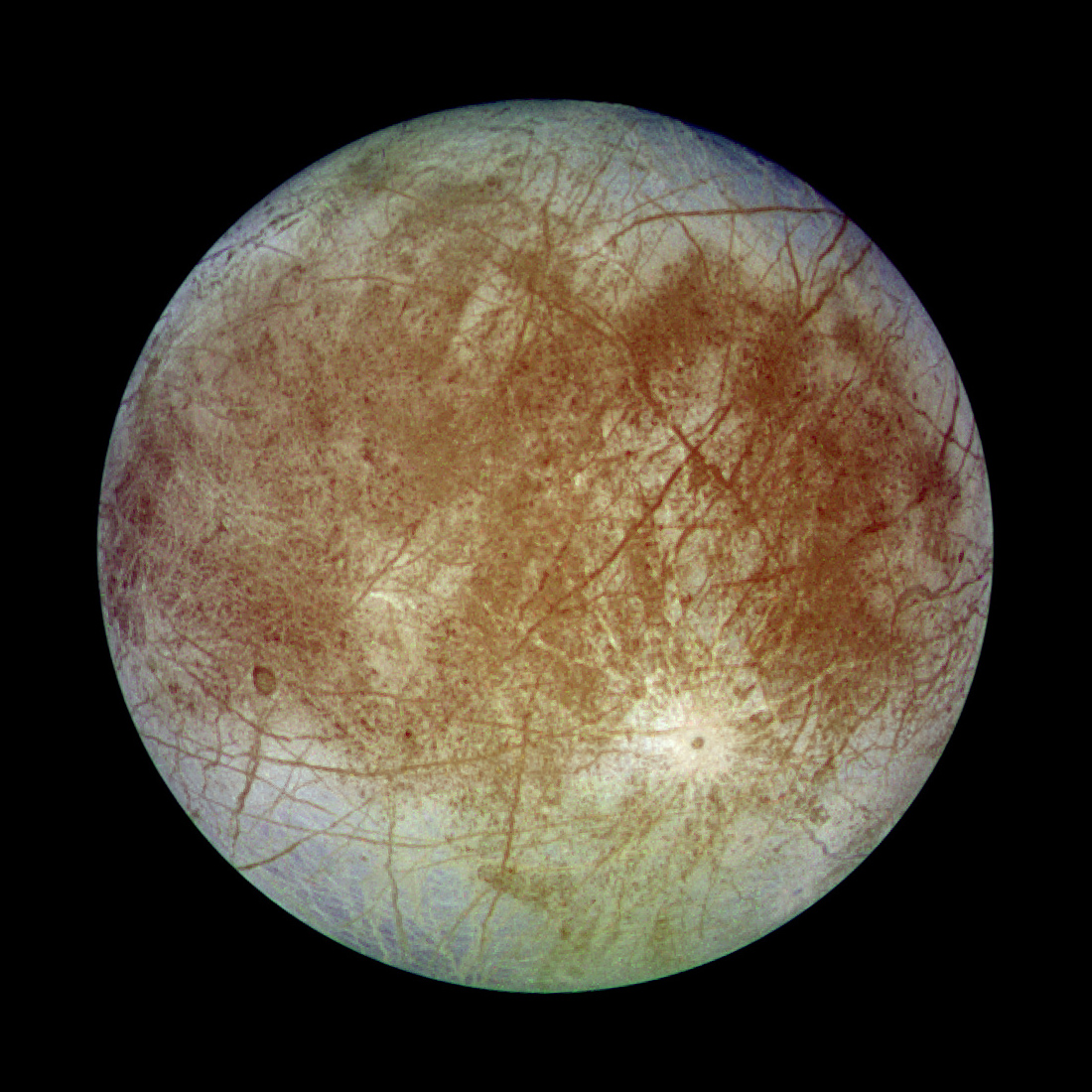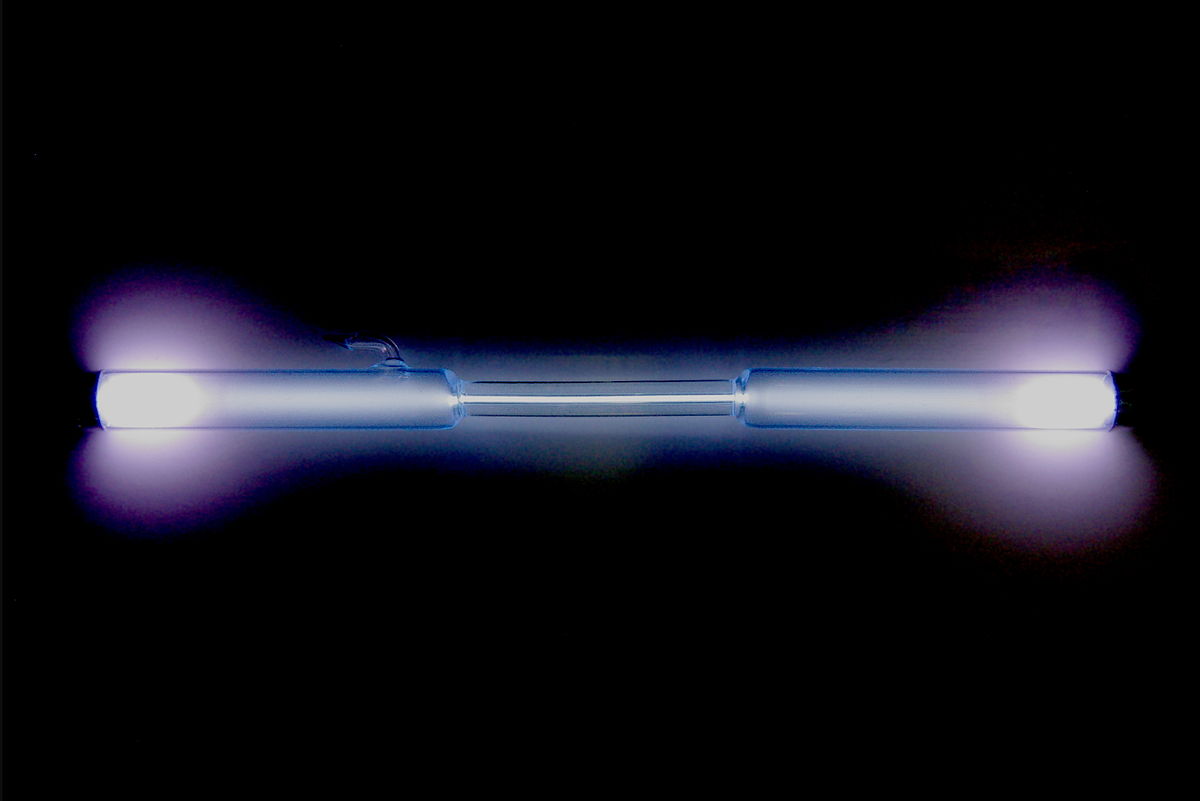
Chlorophyll a (Chl a) is known as the producer of the two unequivocal signs of life observable at the planetary scale: atmospheric oxygen (in the presence of liquid water) and the reflectance spectrum of plant leaves, in which strong absorbance by Chl a in the red contrasts with scattering in the near-infrared. However, a cyanobacterium, Acaryochloris marina, was recently discovered to utilize chlorophyll d (Chl d) in place of Chl a, to absorb light at much longer wavelengths in the far-red and near-infrared, yet still able to perform oxygenic photosynthesis. A. marina lives in an environment depleted in visible light and enriched in the far-red/near-infrared. This talk presents rationale for measurements currently under way of efficiency of photon energy use in A. marina via pulsed, time-resolved photoacoustic calorimetry (PRTPA). Interpretations of potential results are discussed. This rare variation on oxygenic photosynthesis provides the opportunity to probe the efficiency limits of photon energy use for this process, and whether there is an upper bound on useful photon wavelengths. Answering this question will help constrain the plausible signatures of photosynthesis on extrasolar planets where life is adapted to a different parent star. To what extent are photosynthetic pigment absorbance spectra due to the light environment versus due to molecular mechanisms? What is the minimum energy requirement to produce the essential products for growth? Could extrasolar photosynthesis improve on the efficiency found on Earth, or must it be Earth-like after all?
 Getting Under Europa’s Skin
Getting Under Europa’s Skin Tracing Formation and Evolution of Outer Solar System Bodies Through Stable Isotopes and Noble Gas Abundances
Tracing Formation and Evolution of Outer Solar System Bodies Through Stable Isotopes and Noble Gas Abundances Photosynthesis, a Planetary Revolution
Photosynthesis, a Planetary Revolution Xenon: King of the Gases
Xenon: King of the Gases